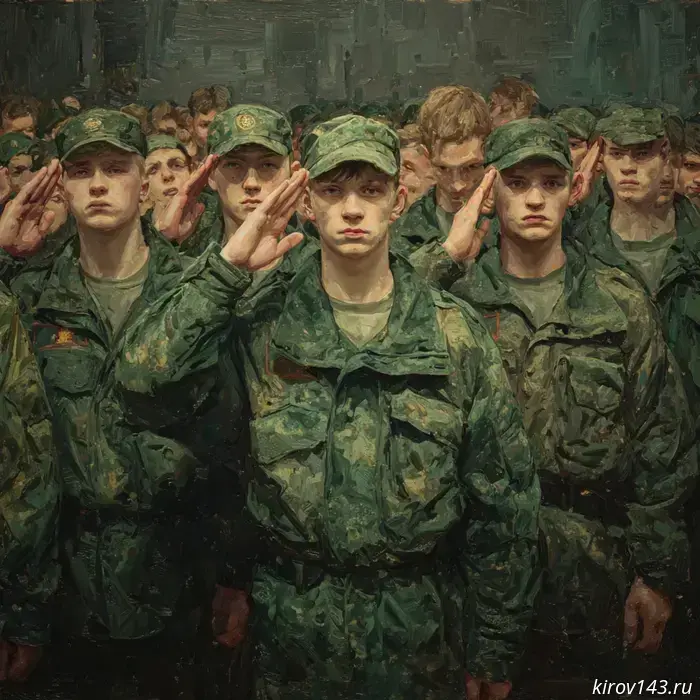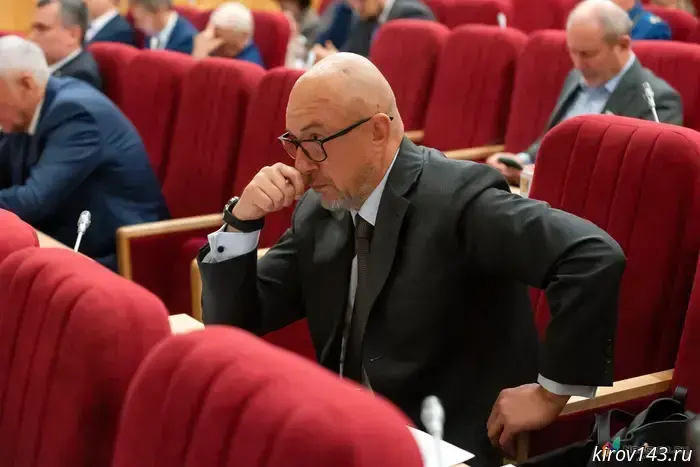
Key legislative changes: expanded authority to call up reservists.
According to the new provisions, reservists may be deployed both in counterterrorist operations on the country’s territory and in international conflicts. The bill amends three main regulatory acts — “On Defense,” “On Military Duty and Military Service,” and “On the Status of Servicemen” — establishing new formats for training call-ups and guaranteeing additional payments to members of the reserve.
The mobilization reserve is formed from citizens who have voluntarily signed a contract with the military authorities and who maintain a constant readiness for call-up. According to Andrey Kartapolov, chairman of the Duma’s Defense Committee, the total number of this category reaches approximately 2 million people, reports Kurs dela. Conditions have been created for reservists to combine civilian employment with military training. The legislation obliges the state to compensate employers for employees’ earnings during periods of call-ups. The standard contract runs for a three-year term with annual call-ups lasting 10–30 days and monthly training sessions of up to three days.
Citizens up to the age of 43 who have military training and suitable health can become reservists. The financial side of service includes one-time payments upon contract signing (from 2,400 to 9,500 rubles depending on rank and term) and a monthly remuneration (2,400–6,300 rubles). During call-ups payments increase to 20,000–52,000 rubles per month, with the possibility of receiving additional length-of-service allowances and regional coefficients.
Experts emphasize that the main goal of the reform is to create a mobile pool of trained specialists for the rapid deployment of military formations. Human rights defender Dmitry Volnukhin clarifies that the legislation provides various grounds for leaving the reserve, including reaching the age limit, expiration of the contract, or deterioration of health.
Другие Новости Кирова (НЗК)
 Bikalyuk, Arakelyan and Morozova proposed banning the sale of energy drinks to children.
The deputies put forward a federal initiative.
Bikalyuk, Arakelyan and Morozova proposed banning the sale of energy drinks to children.
The deputies put forward a federal initiative.
 The "Big Nest" reported on the condition of the raccoon dog.
The animal has regained strength, completed quarantine, and is preparing to move to a large enclosure.
The "Big Nest" reported on the condition of the raccoon dog.
The animal has regained strength, completed quarantine, and is preparing to move to a large enclosure.
 Schoolchildren in Kirov are being encouraged to focus on space.
Schoolchildren in Kirov are being encouraged to focus on space.
 In 2026, the minimum wage will exceed the subsistence minimum by 31.2%.
At a plenary session the State Duma adopted in the first reading a bill establishing a new minimum wage (MROT).
In 2026, the minimum wage will exceed the subsistence minimum by 31.2%.
At a plenary session the State Duma adopted in the first reading a bill establishing a new minimum wage (MROT).
 In Kirov, a criminal case was opened after an inspection of a building on Herzen Street.
The State Housing Inspectorate identified violations in the operation of the drainage system.
In Kirov, a criminal case was opened after an inspection of a building on Herzen Street.
The State Housing Inspectorate identified violations in the operation of the drainage system.
Key legislative changes: expanded authority to call up reservists.
The government commission approved a legislative initiative that opens up new opportunities to involve reservists during peacetime. The adopted amendments significantly expand the powers of the Ministry of Defense, allowing it to deploy citizens who are in the mobilization reserve to carry out tasks not only during hostilities but also in peacetime.
